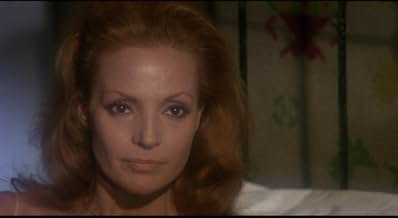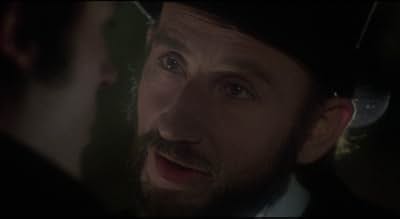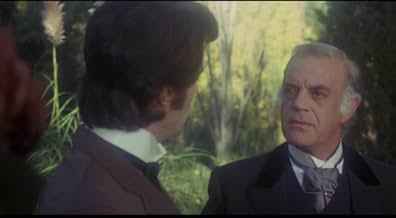From the reading of Gustavo Adolfo Bécquer's legends in my adolescence, I have the memory of subtle and romantic stories about death, with apparitions, monks and strong presence of the Spanish landscape. Three of these stories served as the basis for «The Cross of the Devil» which was the last film directed by John Gilling, British filmmaker remembered for his low budget films of all genres: adventures, police, pirates and, above all, terror. Of these, I fondly remember two Hammer Films productions, in which he made the most of his plots and budget: «The Reptile» and «The Plague of Zombies.» By the early 1970s Gilling was in retreat and had not shot a feature since 1967. However, when he visited Spain to film some material, his friend Paul Naschy, the well-known Spanish horror film actor, asked him to direct his adaptation of three short stories by Bécquer, probable reserving for himself the role of the villain. At the end, the actor did not make the film, but Gilling filmed Naschy's screenplay (or Jacinto Molina's as he is credited), an adaptation that takes equal parts from «El miserere», «El monte de las ánimas» and «The Cross of the Devil» , which gives title to the film. Here the simplicity of Bécquer's direct prose is replaced by an intrigue full of subplots, red herrings and recurrent dreams, to achieve a product of hour and a half. Ramiro Oliveros plays Alfred Dawson, a British writer addicted to kif who is undergoing a literary block. The young man will be able to write the article of his life when he travels to Spain, called by his sister Justine, married to a wealthy bourgeois from Bilbao. When Dawson arrives in Spain, Justine has been murdered and the writer initiates an investigation that puts him in contact with stories of knights Templars, a bewitched armour, gallantry between cousins that leads to death and insinuations about the low morality of his sister. The script has several endings that lengthen the film a little, closing what was taken from each of the three stories. The result is a correct film, but little else, while Gilling continued to happily enjoy his holidays until the year of his death.



























